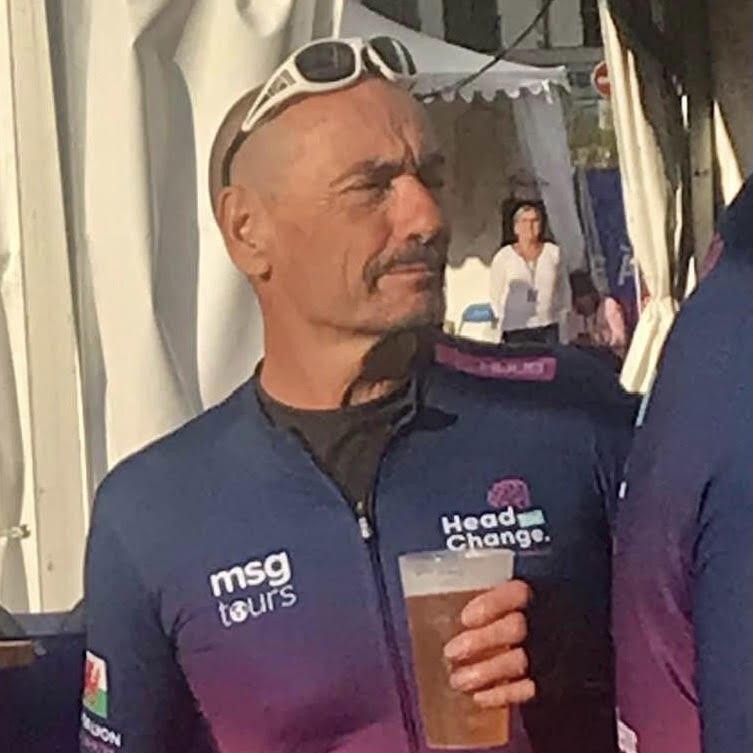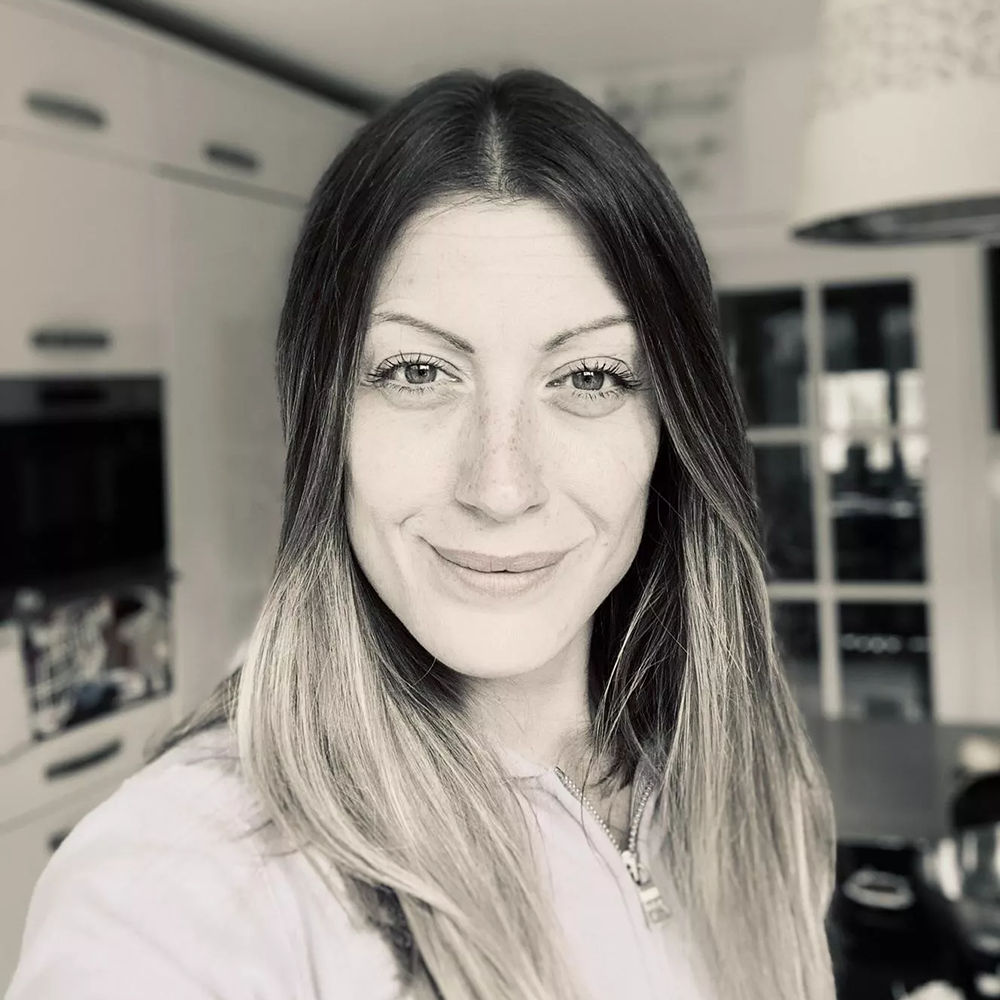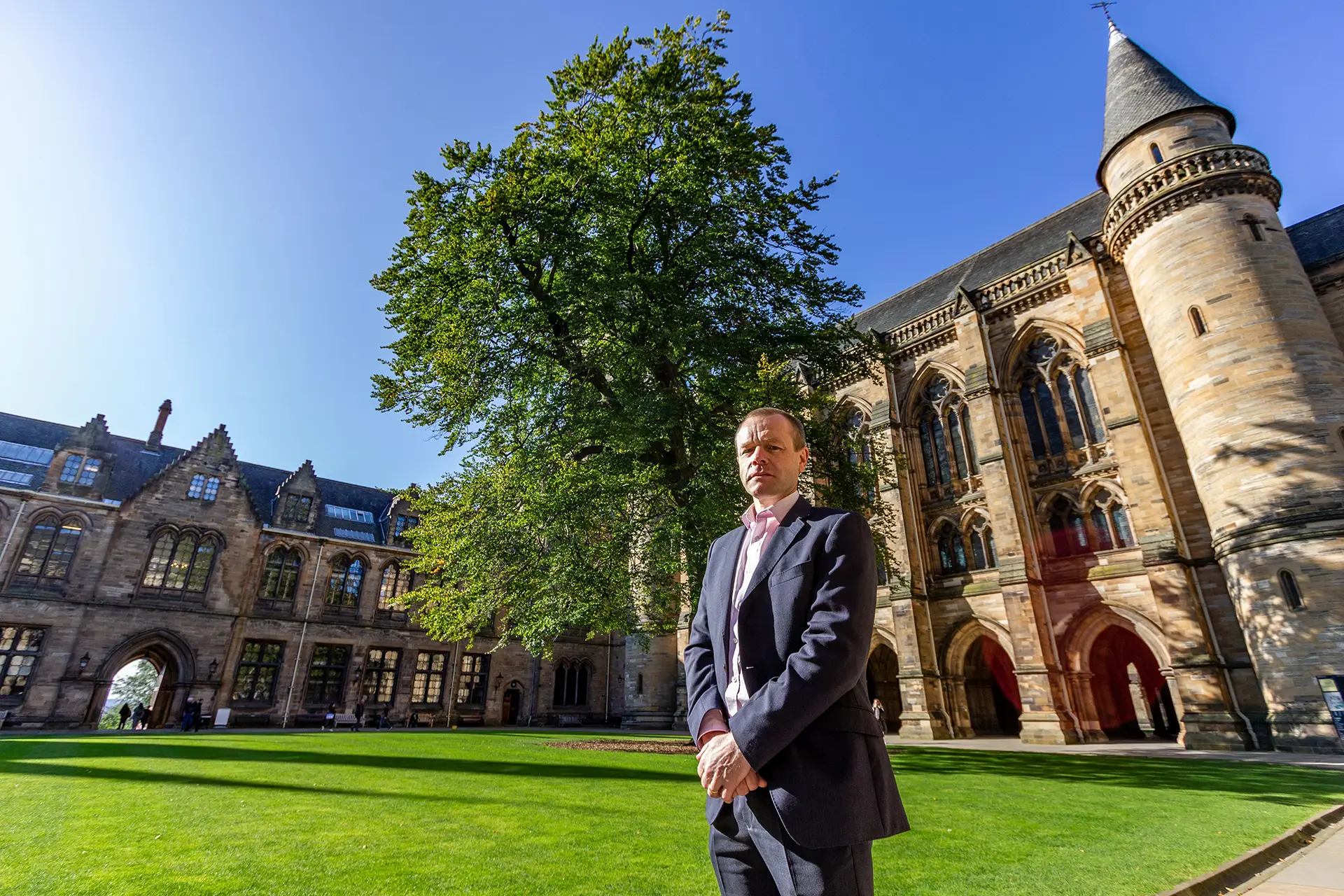Dr Sally Tucker’s

I am running around the park on my day off when a football trickles across from a game in the middle. I can’t resist running at it and sending it back, and through a stroke of luck and puff of wind in the right direction it flies past the keeper. I smile to myself – my dad taught me how to do that. It’s a bittersweet little victory. I think about how my father won’t be able to teach my children this. About how the past ten years of his life have been an unexpected and frightening journey down a lonely and darkening path. The journey into retirement was meant to be a carnival for my parents, both physically fit, rosy and bursting with love from their years juggling a family and their careers together, and now about to reinvent their lives again. It was meant to be a time when they did all of the things they postponed to bring up my brother and I. It makes my heart hurt.
When I sit across the table from him I lament the past ten years that I’ve watched him slowly unravel – from this sharp, kind, gentle and hilarious hero of mine. I feel so lucky to have him here still. Those big shoulders that made him a powerful central defender, tower over me and make me feel like a child still. The times he made me do my times table until I got it right, his fanaticism for grammatical correctness, the times we snuck out for chocolate together, the many things he taught me – like the ‘kick a football over the house’ game. That there is no place in the world for prejudice and that people are inherently good. His soft teasing. He taught me I could be whatever I wanted to be. He was an unknowing feminist who set the precedent for any man I would meet. And If I could kick a ball over a house, I could be a surgeon.
My father’s diagnosis of early-onset dementia has forever changed our family unit. We fumble through picking up the pieces; my mother, my brother, but we all lose. And we lose in plain sight, while we witness what we love fading in front of us and evolve into a world in which we never wanted to exist, living for those moments of connection, when he gives us a wry smile. We treasure all of those tiny moments of joy, and they put the exhaustion from the relentless challenges and the futility of our efforts into perspective. The hardest thing about loss is losing the future you thought you had. Tomorrow is guaranteed to nobody, and as I contemplate this I wonder, if, in his career as a professional footballer he could have changed the way he played or trained to reduce the chance of this happening, would he? I have no doubt.
I’m not a stranger to the extremes of human suffering; in becoming a doctor I’ve learned to be a warm observer, empathic enough to forge a human connection, but detached enough to relive it again with someone else the following day. Loss is part of the human experience but when suffering might be averted, or prevented, that’s when it feels important to create change. Life is so fleeting, that the preventable loss of the future is tragic. Families who live through these experiences need a place to work through the challenges with care and support. And we need to know more, to research, to learn, to understand, to put the welfare of people at the heart of our charity. These are my reasons for being part of the founding of Head For Change.








